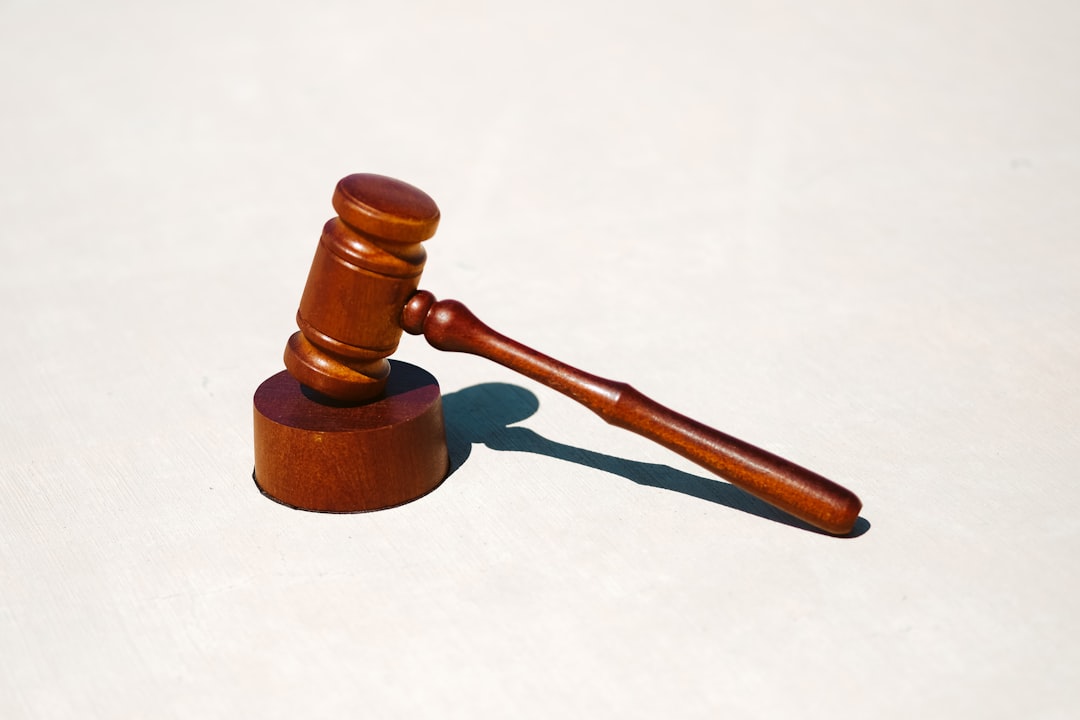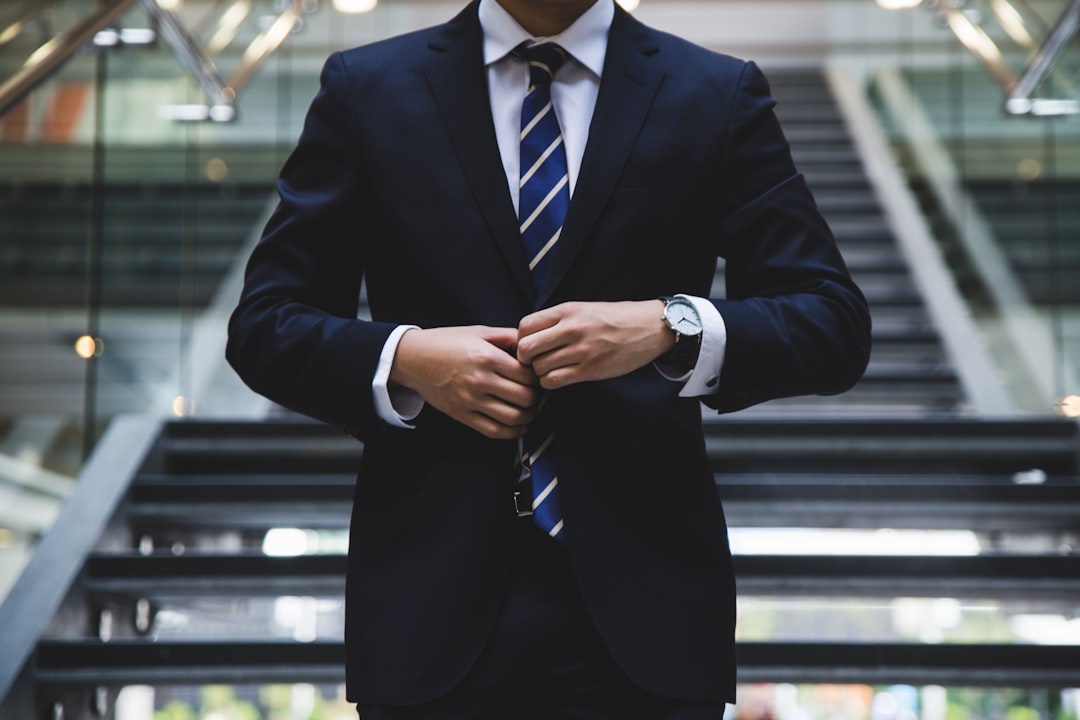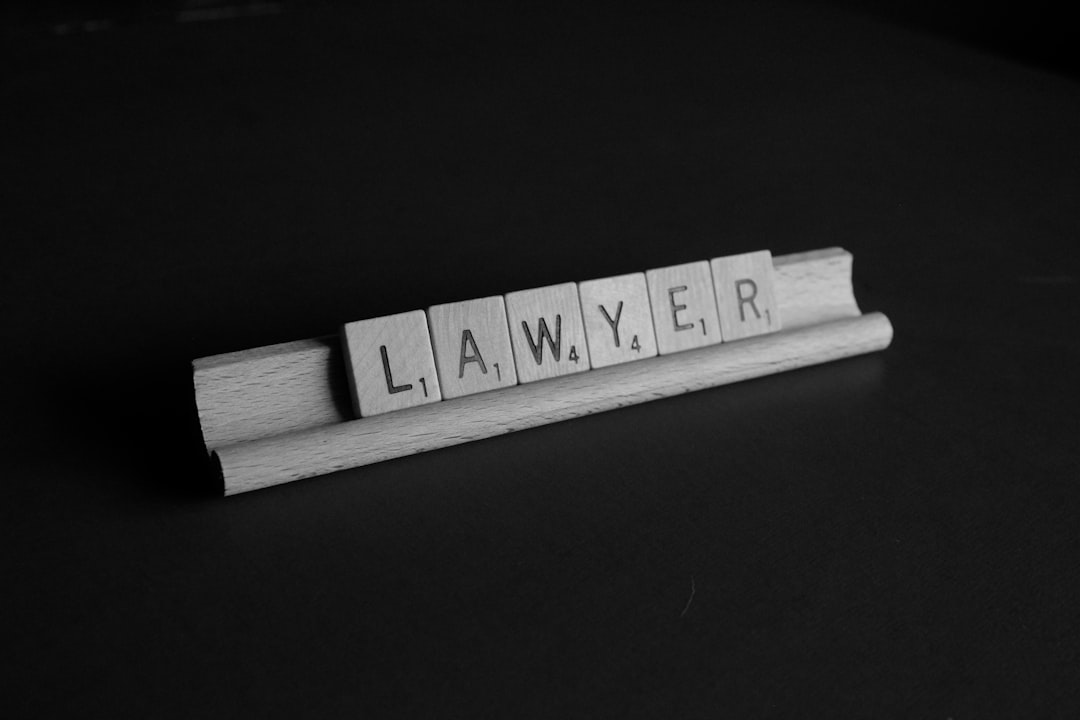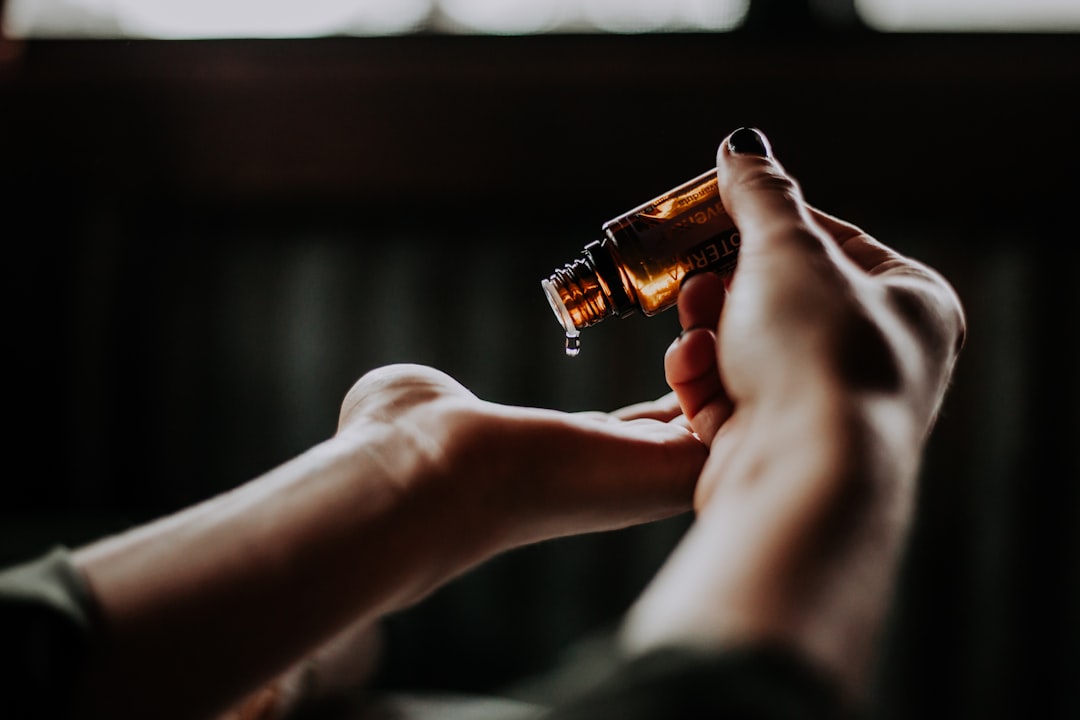Massage abuse, including non-consensual touching and sexual harassment, is a growing concern in Seattle, often left unreported due to victim stigma. A comprehensive solution involves raising awareness about local resources and legal protections offered by massage abuse law firms in Washington. Community alliances, uniting businesses, non-profits, and law enforcement, establish support networks, promote education, and advocate for stricter laws. Washington State's strong legal framework protects clients and holds perpetrators accountable, with massage abuse law firms in Seattle specializing in helping victims navigate the system. Building trust and collaboration among community organizations is crucial, empowering survivors through resources, specialized legal aid, education, and comprehensive programs to reduce instances of massage therapy abuse.
In Seattle, building community alliances is crucial in combating the pervasive issue of massage abuse. This article explores strategic approaches to create a network of support and prevention. We delve into the scope of massage abuse within the city, emphasizing the need for collaborative efforts. Learn about the role of community organizations in providing resources and legal frameworks, including Washington State’s massage abuse law, designed to protect clients. Discover practical strategies for fostering trust and implementing interventions to aid survivors.
Understanding the Scope of Massage Abuse in Seattle

Massage abuse, particularly within the city of Seattle, has emerged as a significant concern. Many victims struggle silently due to fears of stigmatization or legal repercussions. According to recent studies and reports from a massage abuse law firm in Washington, cases of non-consensual touching, sexual harassment, and even assault have been on the rise in the local massage industry. This hidden issue often goes unreported, making it challenging for authorities and advocates to gauge its true extent.
Seattle’s diverse community requires a comprehensive approach to combat this problem. By raising awareness about available resources and legal protections, such as those offered by local massage abuse law firms, residents can better equip themselves to recognize and report suspicious activities. Empowering individuals with knowledge about their rights fosters a culture of consent and respect, ultimately contributing to the prevention of massage abuse across the city.
The Role of Community Alliances in Prevention and Support

Community alliances play a pivotal role in prevention and support networks for massage abuse in Seattle, Washington. By fostering collaboration among various stakeholders—including local businesses, non-profit organizations, and law enforcement agencies—these alliances can create a robust framework to address and prevent instances of massage therapy abuse. They facilitate the sharing of resources, knowledge, and best practices, enabling more effective interventions and education.
Such alliances empower communities by providing victims with safe spaces and support systems. They also contribute to raising awareness about massage abuse, ensuring that both practitioners and clients are educated on legal protections and ethical standards. With the right partnerships in place, a community can collectively push for stricter enforcement of existing laws, such as those governed by the Washington State Massage Abuse Law Firm, ultimately making Seattle a safer environment for massage therapy services.
Legal Frameworks: Protecting Clients Through Massage Abuse Law in Washington State

In Washington State, a robust legal framework exists to protect clients from massage abuse and ensure accountability for perpetrators. The state has stringent laws in place that address sexual misconduct within the wellness industry, particularly focusing on massage therapy. A massage abuse law firm in Washington plays a crucial role in upholding these protections. They specialize in helping victims navigate the legal system, offering expertise in interpreting and enforcing relevant statutes.
These laws cover various aspects, including consent, privacy, and professional conduct. By understanding and utilizing these legal tools, Seattle-based massage abuse law firms empower clients to seek justice and deter future instances of abuse. Such efforts contribute significantly to building a safer community, where individuals can enjoy the therapeutic benefits of massage without fear of exploitation or harassment.
Building Trust and Collaboration: Strategies for Community Organizations

Building trust and fostering collaboration are essential strategies for community organizations aiming to combat abuse in Seattle, particularly involving sensitive issues like massage abuse. Community alliances require open communication channels where members feel safe to share their experiences and concerns. This environment of trust enables collective problem-solving and ensures that everyone works towards a common goal—creating a safer space for all.
Community organizations can initiate this process by encouraging active participation and feedback from members, ensuring transparency in decision-making, and regularly assessing the needs and challenges within the group. Collaborating with local massage abuse law firms in Washington can provide invaluable expertise and support, enhancing the community’s ability to identify and address abusive practices effectively. Such partnerships also raise awareness, offering legal guidance and resources to help victims navigate their options while strengthening the community’s resilience against abuse.
Implementing Effective Interventions and Resources for Survivors

Building community alliances against abuse in Seattle requires a comprehensive approach, and one critical aspect is providing effective interventions and resources for survivors. This includes establishing support networks where individuals who have experienced massage therapy abuse can find safety, counseling, and legal aid. Collaborating with local massage abuse law firms in Washington, such as those specializing in the field, ensures that survivors have access to knowledgeable advocates who understand the nuances of these cases.
These interventions should also involve educating both professionals and clients about consent, boundaries, and recognizing signs of potential abuse within therapeutic settings. By implementing robust resource allocation and awareness programs, Seattle’s community can foster an environment where survivors feel empowered to speak out and seek help, ultimately reducing instances of massage therapy abuse.





